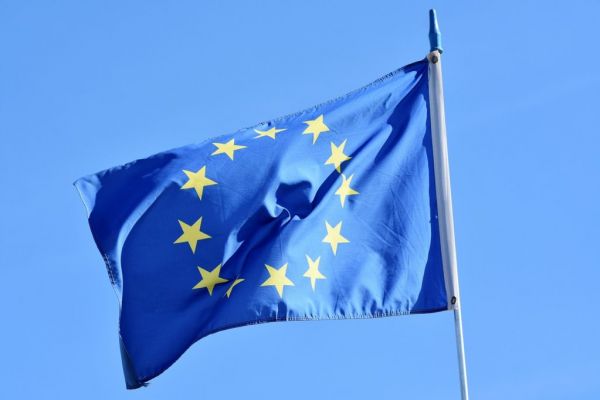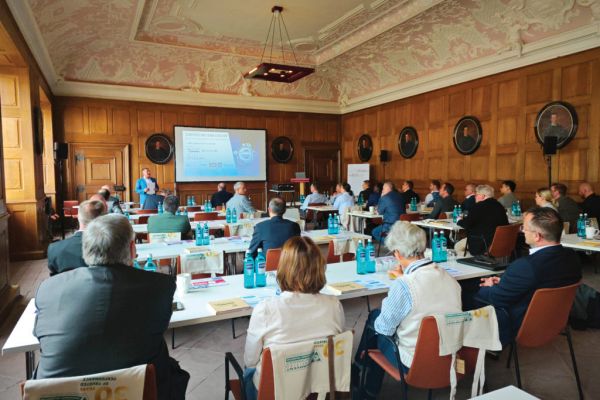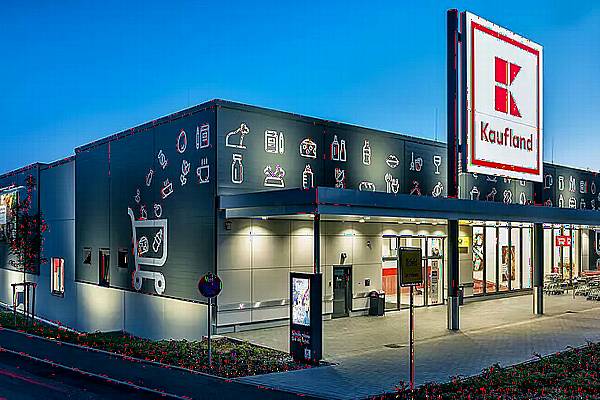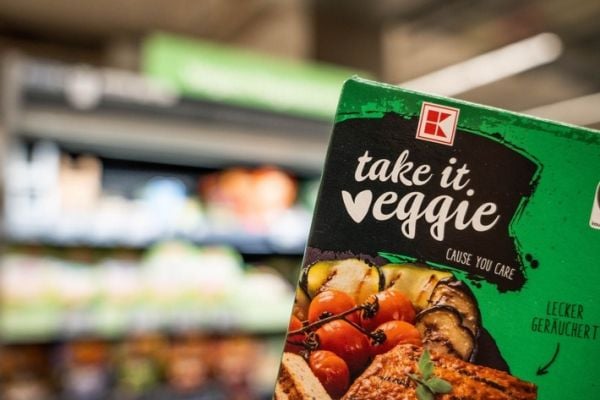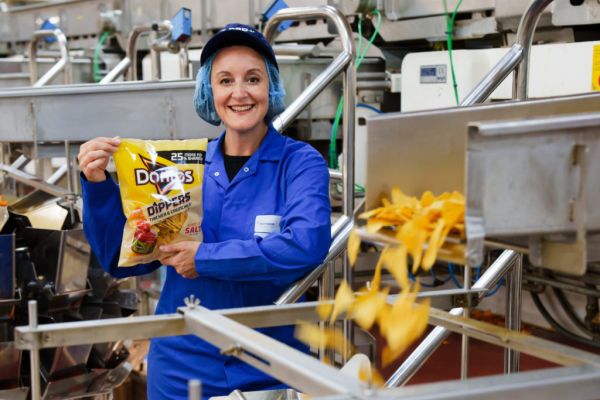A panel of lawmakers in the European Parliament backed a draft law requiring large companies in the bloc to check if their supply chains use forced labour or cause environmental damage.
The rules, known as the Corporate Sustainability Due Diligence Directive (CSDDD), have been watered down by European Union states to overcome a lack of support from Germany and other member countries, worried about piling red tape on companies.
The legal affairs committee voted 20 in favour, four against and no abstentions, on the scaled back version agreed by EU states last week.
Full parliament is expected to rubber stamp the deal on 24 April.
"It is high time that this legislation is adopted, to stop corporate abuse and to give companies clarity in what is expected of them," said Lara Wolters, a centre-left Dutch lawmaker on the committee who led negotiations with EU states on the draft law.
"I’m looking forward to the plenary vote and confident that it will be adopted swiftly."
Supply Chain Audit Law
The rules are due to come into force in 2028, applying to companies operating in the EU that have more than 1,000 employees and a net worldwide turnover above €450 million ($488 million).
The rules originally sought to target companies with more than 500 employees and a turnover of €150 million.
The requirement to prevent, end or mitigate harms to human rights and the environment, such as child labour and biodiversity loss, applies to a company's 'upstream' partners in design or manufacture, and 'downstream' partners who transport, store and distribute products.
Financial companies, however, will only have to consider 'upstream' partners in their checks. An earlier draft had also included some downstream activities.
Companies will have to prepare plans setting out how they will transition to a low carbon economy, including deadlines for meeting targets, with key actions and investments needed to reach them.
Penalties for not complying with the rules can include fines of up to 5% of net worldwide turnover.
